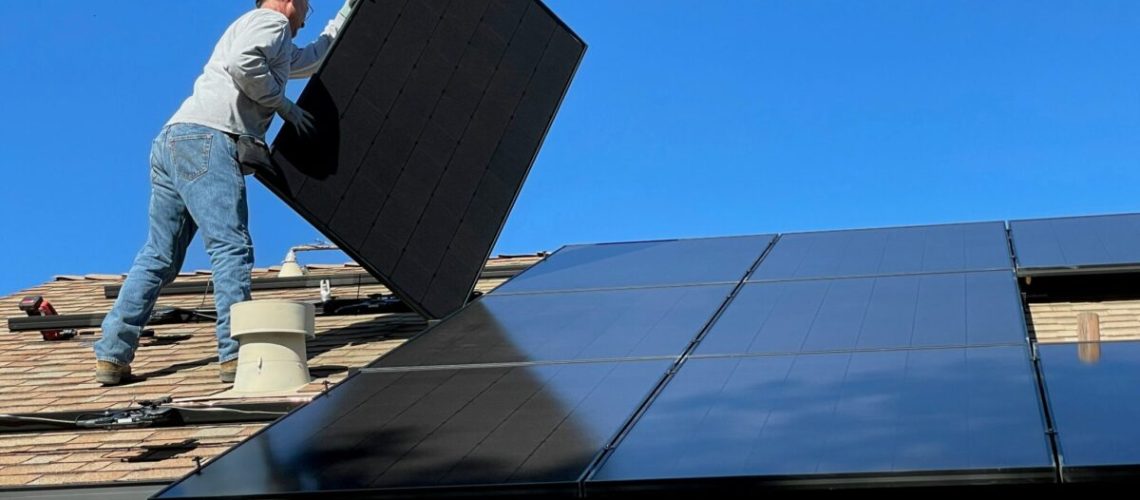The Residential Solar Automated Permitting Act would require local governments to adopt instant solar permitting for residential rooftop solar and home battery storage.
The Residential Solar Automated Permitting Act was proposed in Illinois with a pair of companion bills SB2395 and HB3265. The bills, proposed by Sen. Bill Cunningham and Rep. Marcus Evans, would require local governments to adopt an automated permitting approval process for residential solar and energy storage projects.
Solar permitting presents costs, complexities and delays for installers and their customers. The additional soft costs associated with residential solar permitting add an estimated $4,100 to $4,800 to a solar installation in Illinois, said report from the Greenhouse Institute and Brown University Climate Solutions Laboratory.
The legislation would require local government adoption of SolarAPP+, a Department of Energy created tool that generates instant automated permits. Nationwide, SolarAPP+ has supported 181 communities with over 46,500 permits issued, 302,350 kilowatts approved, and 46,500 estimated hours saved in review time.
California in 2022 and Maryland in 2024 both passed similar legislation to require automated permitting.
The Brown report said the current permitting can be a lengthy, bureaucratic, costly and inconsistent process, which can discourage and prohibit families from investing in solar. It estimates that by adding automated permitting, Illinois could increase its residential solar installations by 35,000 to 36,000 home solar systems by 2030, and 292,000 to 303,000 by 2040, an increase of 52% to 58% above business-as-usual. Find the methodology here.
The report said the average Illinois solar customer could save about $24,000 over the life of their solar array in reduced electricity bills, saving about $600 to $1100 per year. The state has currently accessed less than 2% of its rooftop generating potential as of 2022, according to analysis by Environment America.
The report from Brown University suggested other changes to improve delays and soft costs.
“There are also other bureaucratic barriers to solar adoption, particularly around building inspection, utility interconnection, and homeowner association approvals,” said the report. “Finding ways to lower these barriers while maintaining installation quality and grid balance would also likely speed up solar installation and bring down solar prices.”



